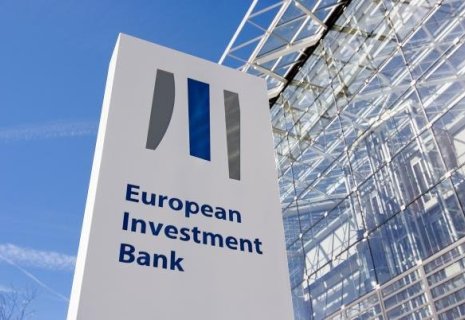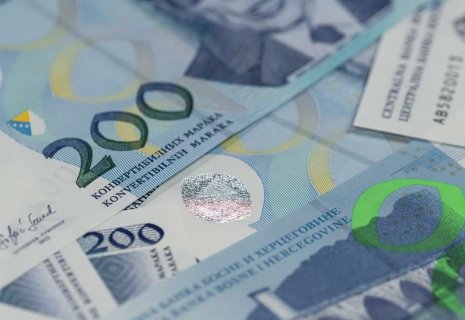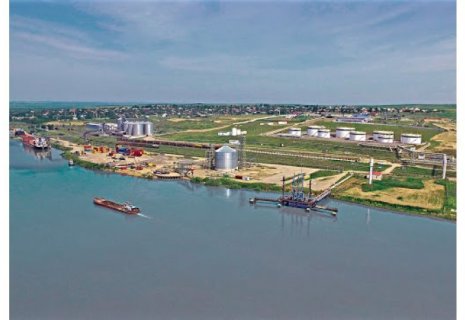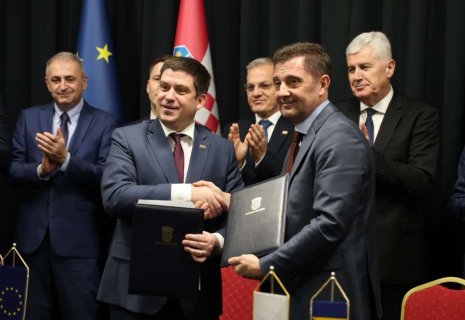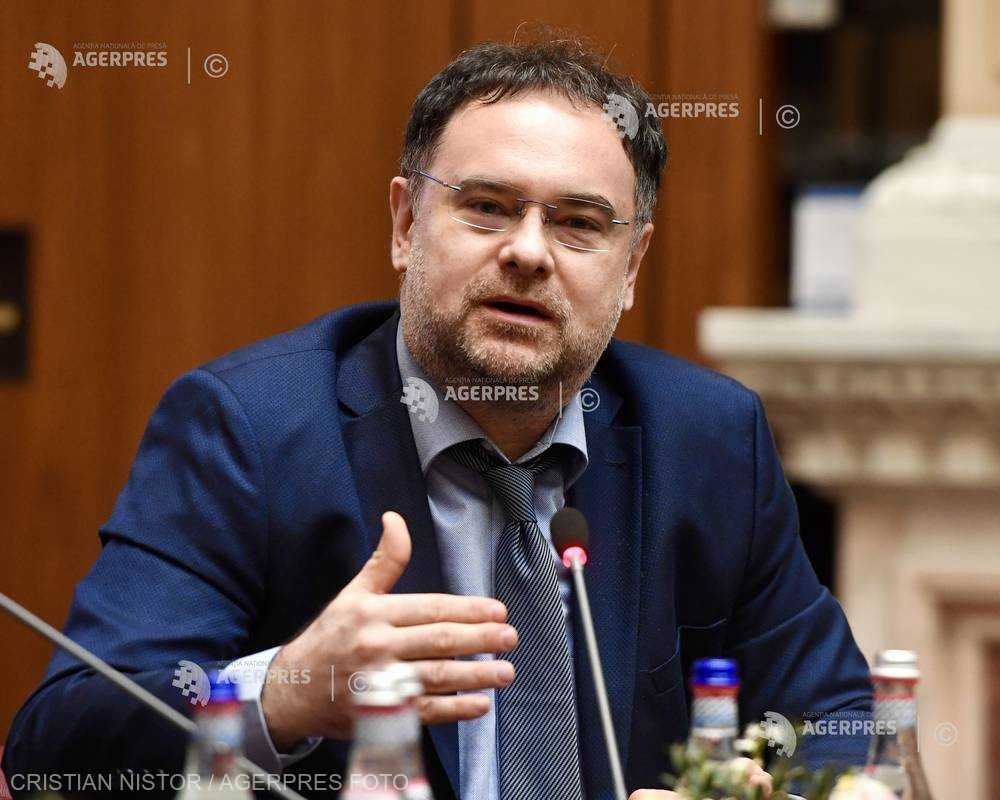
Macroeconomic Confidence in Romania Hits Lowest Level Since July 2020 Amid Political Uncertainty
The Macroeconomic Confidence Indicator of the CFA Romania Association plunged by 13.5 points in November, reaching a value of 31.4 points, the lowest level recorded since July 2020. The drop reflects the impact of heightened political uncertainty and increased investor risk aversion, CE Report quotes Agerpres
Both components of the indicator experienced sharp declines. The expectations component fell by 12.1 points to 23.3, its lowest since January 2019, while the current conditions component dropped by 16.4 points to 47.8.
"Amid extremely high political uncertainty and a significant increase in investor risk aversion, the confidence indicator has dropped to levels last seen only during the COVID-19 pandemic," stated Adrian Codirlașu, president of CFA Romania, in a press release.
The monthly survey by CFA Romania also revealed rising inflation concerns, with the expected inflation rate for December 2025 climbing to an average of 5%. A majority (59%) of analysts predict higher inflation over the next 12 months, while 27% expect it to remain stable.
Regarding currency expectations, over 77% of survey participants foresee a depreciation of the Romanian leu against the euro in the next year, with the average anticipated exchange rate at 5.0310 lei per euro in six months and 5.0831 lei per euro in 12 months.
Economic growth projections for 2025 were downgraded to 1.3%, compared to 1.6% for the end of 2024. Analysts also forecast a state budget deficit of 7.2% of GDP for 2025, alongside a rise in public debt to 58% of GDP within a year.
The survey also highlighted concerns over residential property prices, with 68% of participants deeming them overvalued. Half expect prices to remain unchanged in the next year, while 32% foresee a decline.
The top risks identified for the Romanian economy in 2024 include fiscal policy changes, a potential recession, disinformation, public debt sustainability, and geopolitical conflicts.
The survey, conducted monthly for over 13 years, gauges financial analysts' expectations for Romania’s economy over a one-year horizon. It also assesses forecasts for inflation, interest rates, the EUR/RON exchange rate, the BET stock index, and global macroeconomic trends.
The CFA Romania Association represents investment professionals holding the Chartered Financial Analyst (CFA) designation, a qualification administered by the CFA Institute (USA).


